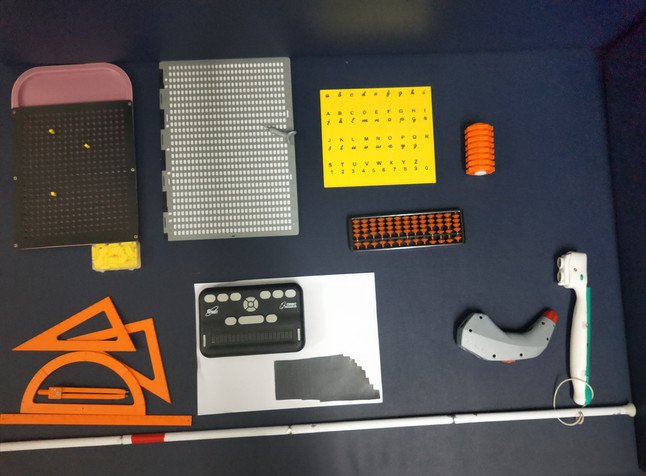Sankara Nethralaya, which means “temple of the eye”, is a charitable eye hospital founded in Chennai in 1978. The aim of its founders was to bring world-class eye care to all Indians, rich or poor, and to treat patients with compassion. Over the years, it has grown into a super-speciality institution for ophthalmic care, drawing patients from all over India and abroad.
The hospital performs at least 200 surgeries and serves over 1,200 patients every day. It provides both in-patient and out-patient services as well as post-operative care. It also runs a telemedicine service to ensure the availability of basic eye care across Tamil Nadu.
Imparting medical education is a significant part of Sankara Nethralaya’s work. It runs multiple teaching and training centres, including the Sankara Nethralaya Academy, the Elite School of Optometry, the Vidyasagar Institute of Biomedical Sciences and the CU Shah Ophthalmic Postgraduate Training Centre. It also runs a medical research foundation and created Eklavya, an e-learning portal, back in 2003.
The project supported by MFE:
???(Low Vision Rehabilitation Services)?
The primary objective of this one-year project is to provide low vision rehabilitation services to patients with visual impairment and multiple disabilities, and to create a fellowship programme for training professionals practicing in this field. In order to achieve these objectives, Sankara Nethralaya will direct a large part of the project funds towards upgrading the resources, infrastructure and services provided at the hospital’s Low Vision Care Clinic and Vision Enhancement Clinic.
Sankara Nethralaya aims to equip these clinics with devices like Google Smart glasses for the visually impaired, Braille training kits, Activities of Daily Living training kits and a variety of assistive software packages. The hospital plans to provide these resources free of cost to at least 40% of its patients, who come from economically weaker sections. It also aims to see a 30% increase in its number of patients.
Under the project, the hospital plans to help at least 1,875 patients avail the benefits of early intervention (from 0 to 3 years of age). These benefits include visual developmental therapy, sensory integration, physiotherapy, special education and counselling for parents. Beneficiary patients will be tracked to assess the impact of all these early interventions.
Finally, the project will involve providing fellowships to six eye care professionals from across India, to train them in low vision rehabilitation. The hospital will charge only a nominal fee for other professionals who wish to receive the 3 to 6-month training. Sankara Nethralaya’s goal, by the end of the project period, is to create a blueprint for setting up such low vision rehabilitation centres in other parts of the country.


